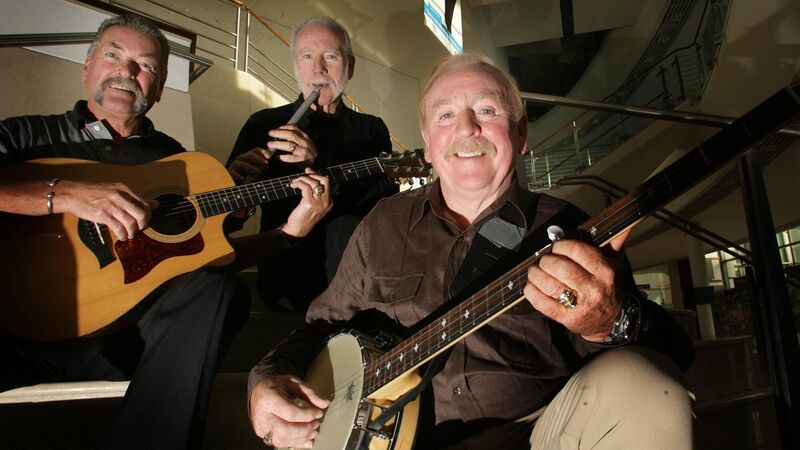Culture That Made Me: Brian Warfield of the Wolfe Tones

Brian Warfield and the Wolfe Tones.
Born in 1946, Brian Warfield grew up in Bluebell, Dublin 12. In 1963, he co-founded the Wolfe Tones. He has performed banjo, harp and bodhrán for the band, as well as singing.
As their songwriter, Warfield has penned ballads like ‘Irish Eyes’, ‘Let the People Sing’ and ‘Celtic Symphony’.




